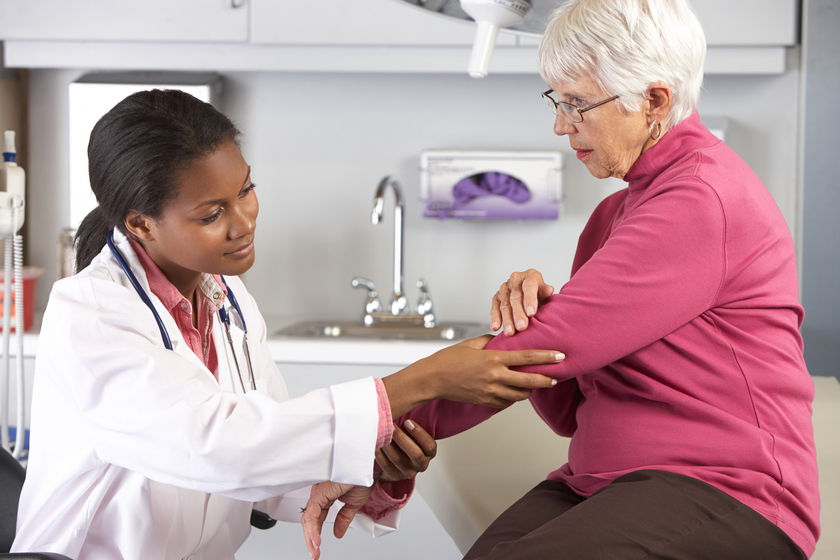As people age, regular health checkups become increasingly important to maintain overall health and well-being. Senior living provides the perfect environment for elderly residents to prioritize their health by offering a variety of strategies that motivate them to undergo regular checkups. In this article, we will explore several ways retirement communities can encourage their residents to keep up with their medical needs.
On-site Medical Services
One of the key advantages of retirement communities is the availability of on-site medical services. By providing access to healthcare professionals within the community, residents are more likely to schedule regular checkups. These services often include general practitioners, nurses, and therapists who can provide routine care, preventive screenings, and assistance with managing chronic conditions. The convenience of having medical services close at hand encourages elderly residents to prioritize their health.
Health and Wellness Programs
Many retirement communities offer comprehensive health and wellness programs designed to support residents in maintaining their overall well-being. These programs may include fitness classes, nutritional counseling, and educational workshops on various health topics. By promoting healthy habits and providing resources to help the elderly manage their health, these communities encourage residents to stay on top of their medical needs and engage in regular checkups.
Peer Support and Encouragement
Living in a community with like-minded individuals provides the elderly with a strong support network. They can share their experiences, learn from one another, and offer encouragement to go for regular checkups. This positive social environment makes it easier for elderly folks to maintain a proactive approach to their health and well-being.
Transportation Services
Many retirement communities offer transportation services that make it easier for residents to attend medical appointments. This support is especially important for elderly folks who may have limited mobility or are unable to drive themselves. By eliminating transportation barriers, these communities ensure that their residents have access to the necessary healthcare services.
Health Monitoring Technologies
Modern technology has made it easier for the elderly to track and manage their health. Retirement communities often provide access to various health monitoring devices, such as wearable fitness trackers and blood pressure monitors. These tools can help the elderly stay informed about their health and encourage them to attend regular checkups to address any concerns.
Care Coordination
Some retirement communities offer care coordination services, ensuring that residents receive the appropriate level of care based on their individual needs. This may involve working with primary care providers, specialists, and other healthcare professionals to coordinate appointments and share information. By streamlining the process, care coordination makes it easier for the elderly to manage their health and attend regular checkups.
Family Involvement
Family members often play a significant role in the health and well-being of the elderly. Retirement communities can involve family members by offering support groups, educational workshops, and opportunities for families to participate in care planning. By fostering strong family connections, these communities can encourage the elderly to maintain their health and attend regular checkups.
Conclusion
Retirement communities play a crucial role in motivating elderly folks to prioritize their health by providing a supportive environment that encourages regular checkups. Through on-site medical services, health and wellness programs, peer support, transportation services, health monitoring technologies, care coordination, and family involvement, these communities help the elderly maintain their health and enjoy a higher quality of life.






